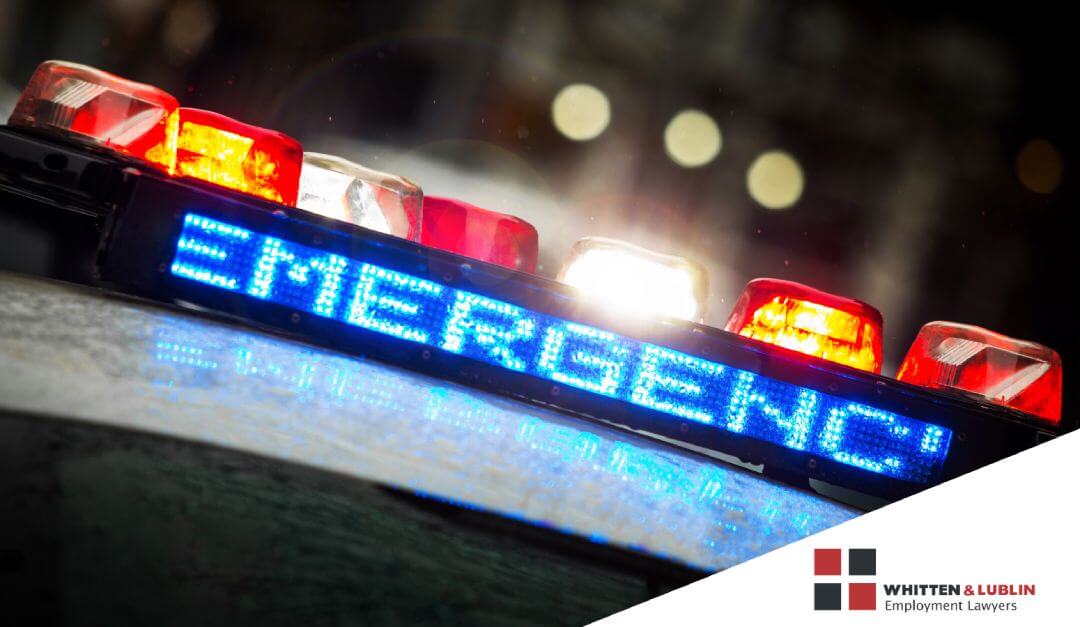
Requesting Proof for Personal Emergency Leave from an Employee
Under the Employment Standards Act (ESA), employees are entitled to 10 personal emergency leave (PEL) days per year (the first 2 days must be with no loss of pay) for qualified urgent matters. Employers are permitted to request proof from an employee of entitlement for the PEL days sought, and this proof must be ‘reasonable in the circumstances’. Employers are excluded, however, from requiring employees to provide notes from a ‘qualified health practitioner’ (physicians, nurses, and psychologists.). Employers are permitted to ask for notes from other health practitioners such as a dentist, physiotherapist, naturopath and others.
Again, all requested proof must be reasonable in the circumstances of each case. Consideration may be given to the length of the leave, the pattern of absences, availability of the evidence and the cost. If an employer requires a note from a non-qualified health practitioner (ie. dentist, naturopath, physiotherapist, etc.) as proof, the only information permitted is the duration or expected duration of absence, date the employee was/is scheduled, and whether the employee was seen in person by the practitioner providing the note.
Further, if PEL is taken due to an urgency of a qualified relative, such as a child, parent or spouse, employers in this instance are also prohibited from requiring a medical note. An employer may require an employee to provide their relationship to the individual, the name of the of the relative, and a statement that the leave was required due to a qualified urgency as described under the ESA for PEL eligibility.



